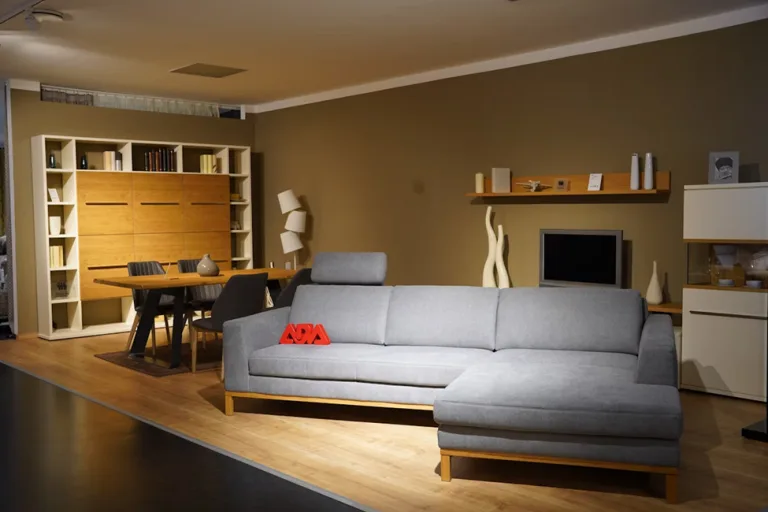11 Reasons Seniors Prefer Live-In Care Over Other Options
Choosing the right care solution for aging loved ones is one of the most important decisions families face. While care homes and residential facilities have traditionally been the go-to options, an increasing number of seniors across the UK are expressing a strong preference for elderly live-in care. This personalized approach allows elderly individuals to receive professional support while remaining in the comfort of their own homes. Here are 11 compelling reasons why seniors consistently choose live-in care over institutional alternatives.
1. Staying in a Familiar Environment
There’s no place like home, especially for seniors. Remaining in a familiar environment surrounded by decades of memories, cherished belongings, and comfortable spaces provides immeasurable emotional comfort. For seniors with dementia or cognitive decline, familiar surroundings can significantly reduce confusion and anxiety. The ability to wake up in their own bedroom, sit in their favorite chair, and look out windows at landscapes they’ve known for years offers a sense of security that no facility can replicate.
2. One-on-One Personalized Attention
Unlike nursing homes where caregivers must divide attention among multiple residents, live-in care provides dedicated one-on-one support. This personalized attention means care plans are tailored specifically to individual needs, preferences, and routines. Seniors build deep, trusting relationships with their caregivers, who become intimately familiar with their unique requirements, personality quirks, and health patterns. This continuity of care leads to better health outcomes and greater emotional wellbeing.
3. Maintaining Independence and Dignity
Independence is precious at any age, but especially in our senior years. Home help care preserves autonomy by allowing seniors to maintain control over their daily lives. They choose when to wake up, what to eat, how to spend their time, and who visits their home. This sense of control and privacy is fundamental to maintaining dignity and self-respect. The psychological benefits of making one’s own decisions cannot be overstated—it keeps the mind active and supports overall mental health.
4. Keeping Beloved Pets
For many seniors, pets are family members and essential sources of companionship. Most nursing homes and assisted living facilities have strict pet policies or outright bans. Home help care allows seniors to keep their beloved animals, maintaining these important emotional bonds. Studies consistently show that pet companionship reduces stress, lowers blood pressure, and combats loneliness—making pets valuable allies in senior wellness.
5. Preserving Community Connections
Moving to a care facility often means leaving behind a lifetime of community connections. Home help care allows seniors to maintain relationships with neighbors, continue attending their place of worship, participate in local clubs, and shop at familiar stores. These community ties are vital for mental health and cognitive function. Social engagement keeps seniors connected to the world around them, providing purpose and preventing the isolation that can accelerate cognitive decline.
6. Family Visits Are Easier and More Comfortable
When seniors remain at home, family visits feel natural rather than obligatory. There are no restrictive visiting hours, no institutional settings that make conversation awkward, and grandchildren can visit freely without navigating facility rules. Holiday gatherings, birthday celebrations, and casual drop-ins continue seamlessly. The home environment makes visits more relaxed and enjoyable for everyone, strengthening family bonds during a critical time.
7. Personalized Nutrition and Meal Preferences
Food is deeply personal, often tied to culture, tradition, and lifelong preferences. Home help care allows seniors to enjoy meals prepared according to their tastes, dietary requirements, and favorite recipes. Whether it’s mom’s traditional Sunday roast or culturally specific dishes, personalized nutrition means better appetite, improved nutrition, and greater meal satisfaction. This stands in stark contrast to institutional meal services with limited options and fixed schedules.
8. Reduced Risk of Infections
The COVID-19 pandemic highlighted the infection risks inherent in congregate care settings. Home help care significantly reduces exposure to communicable diseases by limiting the number of people in close contact. In a private home environment, sanitation protocols are easier to maintain, and seniors aren’t exposed to illnesses circulating among large groups of residents and rotating staff members.
9. Continuity of Care and Consistent Routine
Consistency matters enormously for senior wellbeing. Home help care provides the same dedicated caregiver or small team, rather than the rotating shifts common in facilities. This consistency means caregivers quickly recognize subtle changes in health, behavior, or mood. Predictable daily routines reduce stress and confusion, particularly for those with cognitive impairments. The emotional security of seeing familiar faces every day cannot be underestimated.
10. Cost-Effectiveness for Quality Care
While costs vary by location and care needs, home help care often proves more cost-effective than nursing homes, especially when considering the quality of one-on-one attention received. There are no hidden facility fees, community charges, or costs for amenities seniors may not use. Transparent pricing and the ability to adjust care levels as needs change make home help care a financially sensible option for many families.
11. Better Sleep and Rest
Quality sleep is fundamental to health, yet institutional settings often disrupt rest with noise from other residents, staff rounds, and unfamiliar surroundings. Sleeping in one’s own bed, in a quiet, personalized bedroom environment, leads to better sleep quality and, consequently, improved overall health and cognitive function.
Making the Right Choice
While live-in care offers numerous advantages, every situation is unique. The best care solution depends on individual health needs, home suitability, family dynamics, and personal preferences. The most important step is having honest conversations with your loved ones about what matters most to them. When seniors can age in place with dignity, independence, and professional support, everyone benefits.





